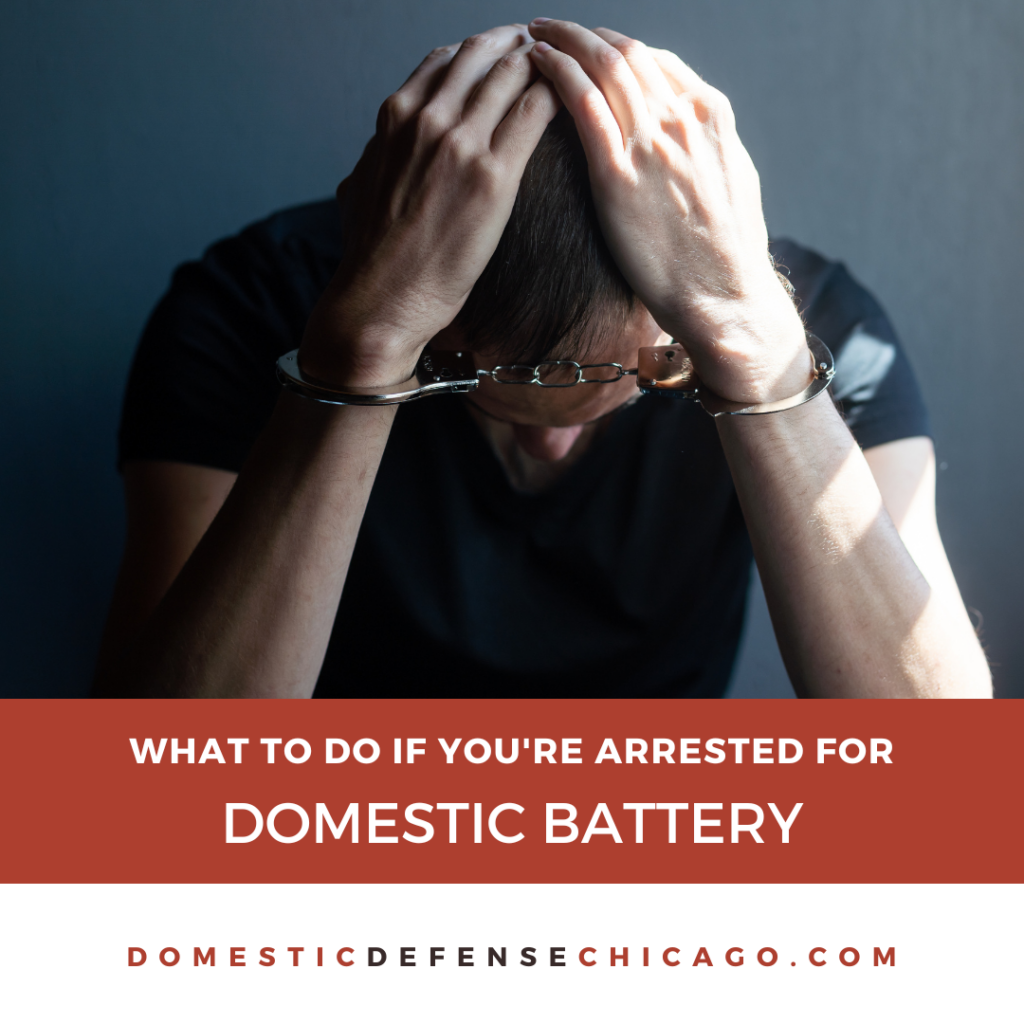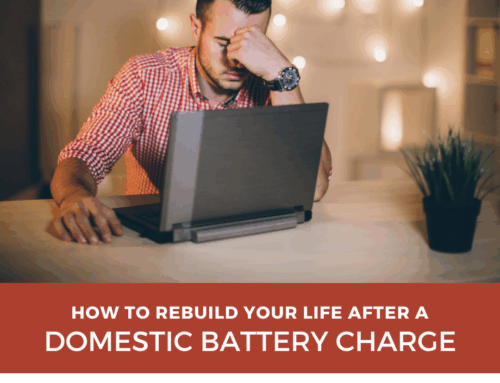If you’ve been arrested for domestic battery, it’s important to understand what steps you need to take to protect yourself and your rights. In this article, we’ll go over what domestic battery is, what happens after an arrest, and what you should do if you find yourself in this situation.
It’s important to understand what domestic battery is. Domestic battery is a criminal charge that is brought against someone who has committed physical violence against a family or household member. This can include a spouse, partner, parent, or other close relative. In most states, domestic battery is considered a serious crime and can result in severe legal consequences.
Related: Will you be charged with domestic violence if you’re in a same-sex relationship?
If you’re arrested for domestic battery, the first thing that will happen is that you’ll be taken into police custody. This typically involves being taken to a local police station, where you’ll be booked and processed. During this process, you’ll be asked to provide your personal information and will be photographed and fingerprinted.
After you’ve been processed, you’ll be taken to court for an initial hearing. This hearing will determine whether there’s enough evidence to hold you over for trial. During this hearing, the judge will review the evidence against you, including any statements from the victim, and will make a decision about whether to release you on bail or keep you in custody.
If you’re released on bail, it’s important to understand what this means. Bail is a sum of money that you pay to the court as a guarantee that you’ll return for future court appearances. If you don’t show up for your court dates, the bail money will be forfeited, and a warrant will be issued for your arrest.
If you’re unable to post bail, you’ll be held in jail until your trial. This can be a stressful and uncomfortable experience, so it’s important to have a plan in place for how you’ll get the money you need to pay bail.
Related: The difference between battery and domestic battery
Once you’ve been released on bail, it’s time to start preparing for your trial. This will involve working with a criminal defense attorney to build your case and make sure that you’re prepared for court. Your attorney will review the evidence against you, talk to witnesses, and work to build a strong defense on your behalf.
In some cases, your attorney may be able to negotiate a plea deal with the prosecution. This is an agreement in which you plead guilty to a lesser charge in exchange for a lighter sentence. If you do choose to accept a plea deal, it’s important to understand the consequences and make sure that you’re comfortable with the agreement.
If your case does go to trial, it’s important to be prepared for the court process. You’ll need to be on time for all of your court appearances, dress appropriately, and be respectful to the judge, jury, and witnesses. During the trial, the prosecution will present evidence against you, and your attorney will present your defense.
It’s important to remember that a domestic battery conviction can have serious consequences. If you’re found guilty, you could face jail time, fines, and a criminal record. This can make it difficult to find a job, get housing, or pursue other opportunities in the future.
Related: Using your right to remain silent when police question you about domestic violence
If you’ve been arrested for domestic battery, it’s important to understand what steps you need to take to protect yourself and your rights. From posting bail to working with a criminal defense attorney, there are a number of things you can do to make sure that you’re prepared for your court case. Remember, the most important thing is to stay calm and take things one step at a time.
Do You Need to Talk to an Attorney About Domestic Battery Defense?
If you need to talk to a domestic battery defense attorney in Illinois, we’re here to help. Call us at 847-920-4540 now – we’ll be happy to give you a free consultation and talk to you about your options.







Leave A Comment
You must be logged in to post a comment.